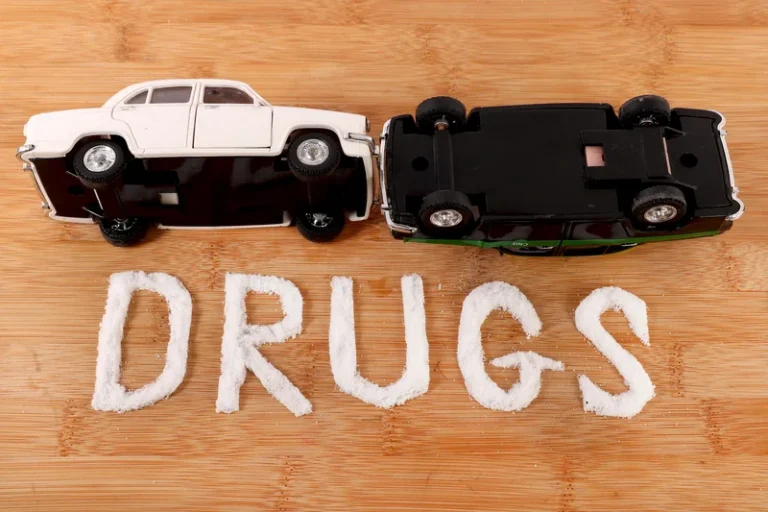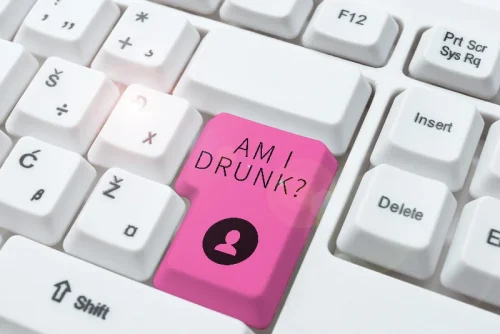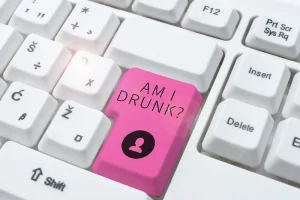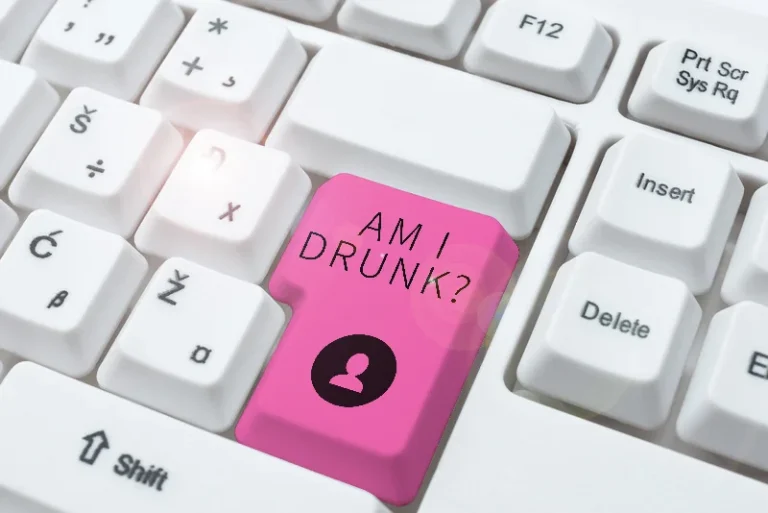Marijuana Addiction Effects, Withdrawal, Treatment

More research needs to be done on potential treatments for marijuana abuse and how to increase support and accessibility for existing treatments. Things like extended family support, language-based discipline from parents, and a supportive peer group can help counteract some risk factors. Although anyone who uses marijuana has the potential to abuse it, there are risk factors that can make marijuana abuse more likely. Having these risk factors doesn’t mean you definitely will develop a substance abuse problem, but you may be more at risk. While many people use marijuana (it’s the third most commonly used addictive drug, after tobacco and alcohol) most won’t become addicted. About 1 in 10 people who use marijuana will become addicted; when they start using before the age of 18, the number increases to 1 in 6.
What makes Yale Medicine’s approach to cannabis use disorder research unique?
Finding a facility with a full continuum of care is essential from overcoming an addiction. This means that treatment may include several levels, including inpatient rehab, partial hospitalization programming, intensive outpatient care, outpatient treatment, and teletherapy. During is marijuana addictive each of these programs, clients undergo a variety of healing and therapeutic practices, including group therapy. Addiction is a medical disease that requires professional care to treat effectively.
Mind Matters: How do Drugs Work on the Brain?
However, there are also those who receive inpatient treatment to kickstart their recovery, knowing that the hands-on care and support is beneficial to their recovery maintenance. Get professional help from an online addiction and mental health counselor from BetterHelp. High doses can produce a temporary psychotic reaction in some users. Use of the drug can also worsen the course of illness for patients who have schizophrenia.
- During inpatient care, patients live at the rehabilitation center full-time.
- Evidence-based therapies help you gain the skills to cope with cravings and avoid triggers.
- The road to recovery from marijuana addiction will likely have many ups and downs.
- Most of these symptoms will wear off as the drug itself wears off, but for some, the psychological effects of marijuana can last many months or even years after the individual stops smoking pot.
- You might notice that some people in your life may be less supportive—particularly if much of your social life centers around marijuana use.
Marijuana Withdrawal Timeline

Once you are more aware of the things that trigger your drug use, you can plan to deal with those triggers. Sometimes this might involve avoiding or eliminating things that create pressure on you to smoke marijuana. In other cases, you’ll need to explore healthy coping mechanisms to help you manage your urges. Whether you are tapering your use or quitting cold turkey, it is vital to be aware of the people, objects, or situations that can trigger drug cravings and use. Identifying these triggers and finding ways to avoid or cope with them can help you be more successful.
- Many people seeking support after rehab may find Narcotics Anonymous (NA) to be more accessible.
- Substance use disorders don’t have one specific cause that fits all people diagnosed with the condition.
- These children were found to have decreased verbal reasoning skills and more hyperactivity, impulsivity, and decreased attention.
- There are currently no FDA-approved medications for the treatment of marijuana use disorders, but research in this area is ongoing.
- Caring for your physical and mental health, including getting enough sleep and eating a healthy diet, is also important.
- Tapering is a process that involves gradually reducing drug use by lowering the dose used over a period of time.
The Human Brain: Major Structures and Functions
This video for middle school students describes the effects of addiction and how getting high can take over your life. You might notice that some people in your life may be less supportive—particularly if much of your social life centers around marijuana use. In these cases, you may need to consider reevaluating some of your relationships and places where you spend your time. Creating a new routine can also be helpful when you are quitting a substance such as marijuana.

Marijuana Withdrawal & Detox
People whose substance use disorder involves marijuana often develop a dependency on the drug. There are currently no FDA-approved medications to treat marijuana addiction. At The Recovery Village, we understand that there is no one-size-fits-all solution to marijuana addiction.

Other support groups exist, such as the SMART Recovery™ program, for those looking for options outside the traditional 12-step model. For those whose lives are negatively affected by marijuana use, there are many options that lead to recovery. More research is needed to better understand these mental health links and ramifications.